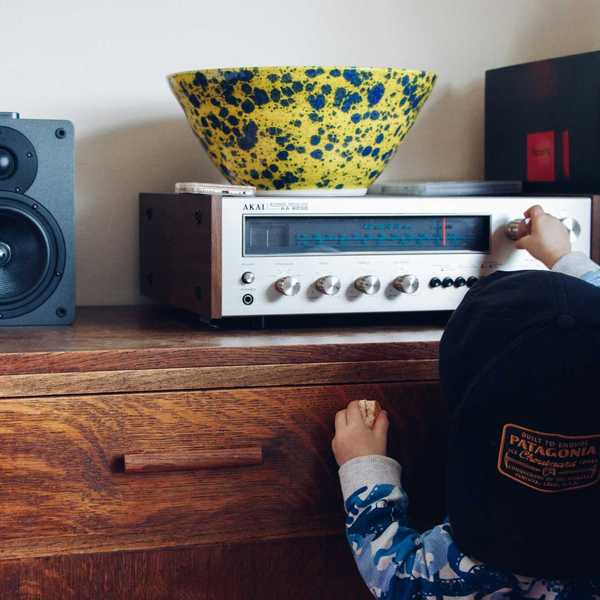The Price Of Infamy Can Be Costly In Pop Today
There was a time when sex, drugs, and Jack Daniels were considered righteous and beneficial attributes for living a rock 'n' roll life. For a generation that tripped through eras that birthed toda

By David Farrell
There was a time when sex, drugs, and Jack Daniels were considered righteous and beneficial attributes for living a rock 'n' roll life. For a generation that tripped through eras that birthed today’s Classic Rock and that genre’s unflattering Punk offshoot, life was for living and if the lifestyle seemed nihilistic, it was–and the best part was it pissed off the generations preceding it.
Nicholas von Hoffman even wrote a book about it, aptly titled We Are the People Our Parents Warned Us Against.
Those days are long gone, of course. Like transistor radios, beatniks and honest politicians.
The new order today expects pop icons to be virtuous, politically correct, and ever sensitive to a conveyor belt of current and past revisions owned by a rainbow of concerned, aggrieved and like-minded, high-minded tribes.
It’s like walking a tightrope with a grizzly bear and a riled hippo at either end.
But I digress from the central point here, and that is a growing number of once successful stars are finding themselves running for cover, the law, their fans and shunned by their closest friends.
Kevin Spacey is dead meat and, unfortunately, the casts that have supported him in a reel of films can no longer count on residual incomes from future exploitation of movies such as American Beauty, The Usual Suspects, and Beyond the Sea. The re-cast House of Cards promises to be a deck of cards that is folding.
Michael Jackson is an exception, at this point–even as recent aspersions cast him in much the same light as Spacey. According to Monday’s edition of The New York Times, since the beginning of the year, songs from MJ’s solo catalogue have been streamed 16 million to 17 million times each week in the US on services like Spotify, Apple Music and Tidal, according to Nielsen. Last week, including the period immediately after the documentary’s premiere on March 3 and 4, the total was 16,497,000 streams.
The same goes for Jackson here in Canada, but a separate court of public justice is being applied to alleged diddler R. Kelly and Hedley frontman Jacob Hoggard who was charged 13 months ago with two counts of sexual assault causing bodily harm and one count of sexual interference. Neither of the two accused has stood trial yet.
Hedley’s 2018 infamy led to the singer’s departure and the band announcing an indefinite hiatus from recording and touring, which is surely just a waffle statement saying, hasta la vista–with the emphasis firmly placed on the ‘goodbye’. In its day, the band sold a couple of million albums, more than four million singles and earned a separate fortune from tour earnings. Hoggard’s net worth before the mess blew up was estimated at $3M, but one can never be sure about these evaluations.
Without further ado, here are the 2019 YTD measurements for R. Kelly and Hedley. FYI: Both acts are generating anywhere between zero and eight spins a week on Canadian radio…
R Kelly
100 album sales
2000 track sales
4.7 million streams
Hedley
over 250 album sales
2000 track sales
5 million streams
















